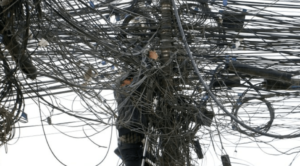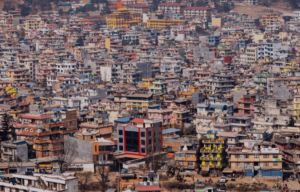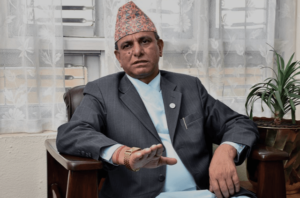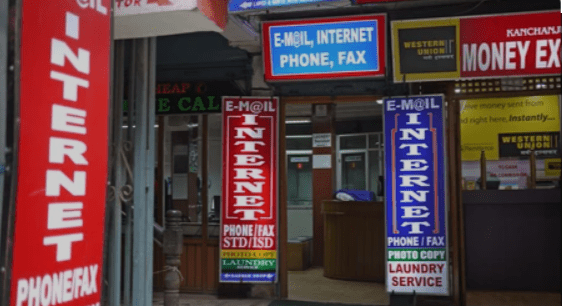Outages hit Nepal’s internet over a payment dispute with India
Nepal’s Internet Service Providers (ISP) warned on Friday that the nation now faces massive internet outages over outstanding payments to Indian Internet firms. The Internet Service Providers Association of Nepal (ISPAN) said Indian firms had cut all network connections to Nepal on Thursday night over non-payment of dues.
ISPAN chairman Sudhir Parajuli said in a statement on Thursday, “Airtel, a leading telecom provider in India, has cut upstream services to Nepal from today”.

He notified that Airtel had suspended Nepal’s Internet service for over five hours but subsequently restored the connection after the Nepal Telecommunications Authority assured Airtel of sorting the payment issue “responsibly”.
According to The Kathmandu Post, Nepali ISPs owe over four billion Nepali rupees (Rs 225.60 crores) to their Indian counterparts but haven’t been able to transfer the money over tax disputes with Nepal’s government. The government authorities refused to approve the transfer of funds out of the country until the outstanding taxes owed by ISP were cleared.

With over 70% of Nepal’s Internet sourced from Indian internet provider Airtel, Nepal’s domestic deadlock on due settlements had briefly stranded the 10.6 million citizens who connect to the Internet through Nepal’s 20 designated ISPs.
The tax dispute between Nepal’s government and ISP dates back several years. The government authorities have time and again urged ISPs to clear their outstanding non-telecommunication charges, such as cloud service, web service, hosted service, managed service, co-location, data centre, and disaster recovery.
Indian ISP, Nepali ISP, and the Government
The current deadlock between Nepal’s ISPs and the government has stemmed from Nepal’s frequent policy and administration changes. The previous parliament’s Public Accounts Committee (PAC) had instructed the Nepal Telecommunication Authority (NTA) to exempt Nepali ISPs from paying taxes.
Following the order letter dated July 15, 2018, the NTA sent a letter to the Inland Revenue Department protesting the order by the accounts committee. The committee had instructed the government to waive “royalties” and “Rural Telecommunications Development Fund charges for three fiscal years: 2017–18, 2018–19, and 2020–20.

In response to the NTA complaint the Auditor General of Nepal, Tanka Mani Sharma, stated that such fees must not be waived and instructed the current parliamentary PAC to recover outstanding dues from ISPs.
An official at the Ministry of Communication and Information Technology told reporters, on condition of anonymity, “The current Public Accounts Committee has ordered us to recover the dues from the ISPs. Unless they clear their dues, the ministry will not make recommendations for foreign currency”.

According to sources, Nepali ISPs transact over Rs. 27 billion annually, paying over Rs 9 billion in government revenue under eight different headers. Despite the tax deadlock being on since 2017, ISP’s have done little to resolve the issue at hand, frequently stating that the previous parliamentary PAC’s decision to exempt them from tax extends to their current tax dues as well.
Nepal’s Internet outages, a regular occurrence?
Indian ISPs had previously threatened to sever internet services in December last year, starting January 1, 2024, following the Nepali ISP’s refusal to pay due taxes to the government. It has been nearly one year since Nepal defaulted on its payments to upstream network providers in India.
The Ministry of Communication and Information Technology of Nepal has reiterated that it has barred the Nepal Rastra Bank (NRB) from processing foreign exchange services until such a time as the ISPs are agreeable to settling their due taxes.

Last year, in December, representatives from two Indian telecommunication providers—Airtel and Tata—visited the country to try to resolve the deadlock between the ISPs and the government but failed to reach a mutual agreement.
Until the deadlock is resolved, the 10.6 million Internet users in Nepal may continue to face outages in the future.











